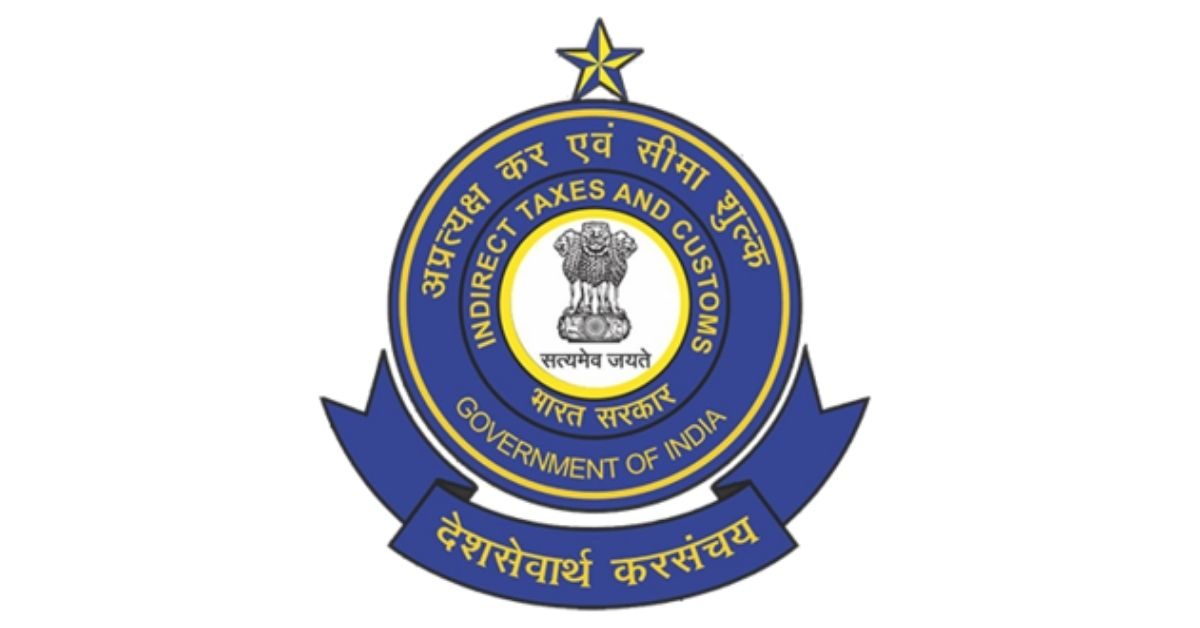In a significant fillip to courier exports and with an aim to encourage e-commerce industry in India, the Central Board of Indirect taxes and Customs (CBIC) has extended export related benefits under Duty Drawback, RoDTEP and RoSCTL schemes for exports made through Courier mode w.e.f. 12.09.2024.
The move aims to provide level playing field and a conducive environment for inclusive and harmonious growth of exports through courier mode and seeks to enhance the competitiveness of MSME exporters. This initiative is expected to give a major boost to Courier exports and strengthen India’s position in the era of emerging global e-commerce sector.
To provide further stimulus to e-commerce exports, CBIC has approved amendments to the Courier Imports and Exports (Electronic Declaration and Processing) Regulations, 2010 which will enable exporters to claim Duty Drawback, RoDTEP, and RoSCTL benefits for exports made through courier mode. A Notification No. 60/2024-Customs (N.T.) amending the Courier regulations and a Circular No. l5/2024-Customs explaining the said amendments and informing the stakeholders about the modalities involved in the process have been issued on 12.09.2024.
The Courier import and export shipments are handled on the ECCS for clearance at the notified lCTs. ECCS has certain limitations in processing Drawback, RoDTEP, and RoSCTL claims of exporters. Hence, as a major step towards trade facilitation, it has been decided to use the Indian Customs EDI System (ICES) at the ICTs to process the aforesaid claims, as ICES has the requisite facilities, such as scroll generation and integration with PFMS. Thus, while the logistics of Courier terminal will be used for physical handling and examination purposes, the customs clearance will be handled on ICES. Live trials at ICTs will be conducted for a week to identify and resolve issues, if any.
Over the recent years, the Government of India through various policy initiatives, digital reforms and regulatory measures has revolutionised and streamlined India’s E-commerce export ecosystem. A chapter- ‘Promoting Cross Border Trade in Digital Economy’ exclusively dedicated to cross border E-commerce trade has been introduced in the Foreign Trade Policy 2023 which provides a framework for cross-border trade in goods and services in the digital economy and promotion of E-commerce using the means of Courier, Post, E-commerce Export Hubs, Dak Niryat Kendras etc.
The e-commerce business in India has seen exponential growth over the last decade and is expecting to witness a steep increase in revenues in the coming years. As per estimates, India’s e-commerce exports are likely to rise to $400 billion by 2030. As far as courier exports are concerned, in FY 2022-23, total value of Courier exports stood at Rs. 7,995 crore with e-commerce exports accounting for Rs. 3,510 crore. The figures are expected to further increase significantly given the global trends and impetus provided to E-commerce industry through various Government initiatives.
There are 14 International Courier Terminals (ICTs) notified under Section 7 of the Customs Act, 1962. CBIC has specifically undertaken a slew of measures to promote cross border E-commerce through courier and postal mode. It issued the Courier Imports and Exports (Electronic Declaration and Processing) Regulations, 2010 thus enabling the electronic processing of import and export declarations for goods transported through courier mode. The Express Cargo Clearance System (ECCS), an electronic system was launched and is presently operational at 9 major ICTs which simplifies and streamlines customs clearance process for courier consignments. Auto LEO facility for export through Courier mode and the facility of advance assessment of Courier Shipping Bills were also introduced on the ECCS last year. Benefit of IGST refund is already available for Courier exports through ECCS. In collaboration with the Department of Posts, CBIC had launched in December 2022 an innovative ‘Hub and Spoke’ model to promote E-commerce exports leveraging the extensive network of post offices across the country to facilitate seamless export processes, particularly benefiting MSMEs and small exporters in remote areas. Under this model, 1,015 Dak Niryaat Kendras have been designated so far across the country for facilitating booking and collection of export parcels.







